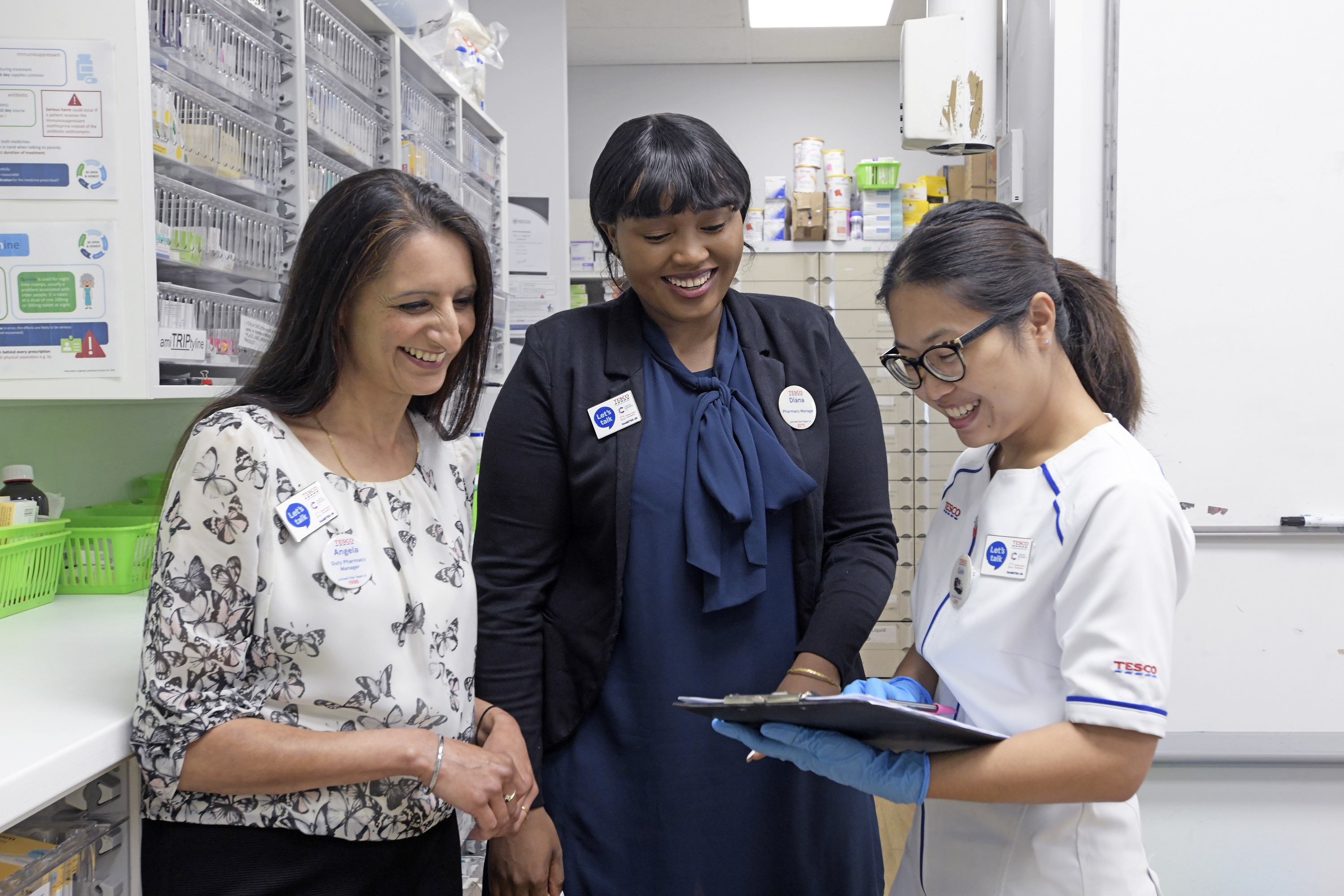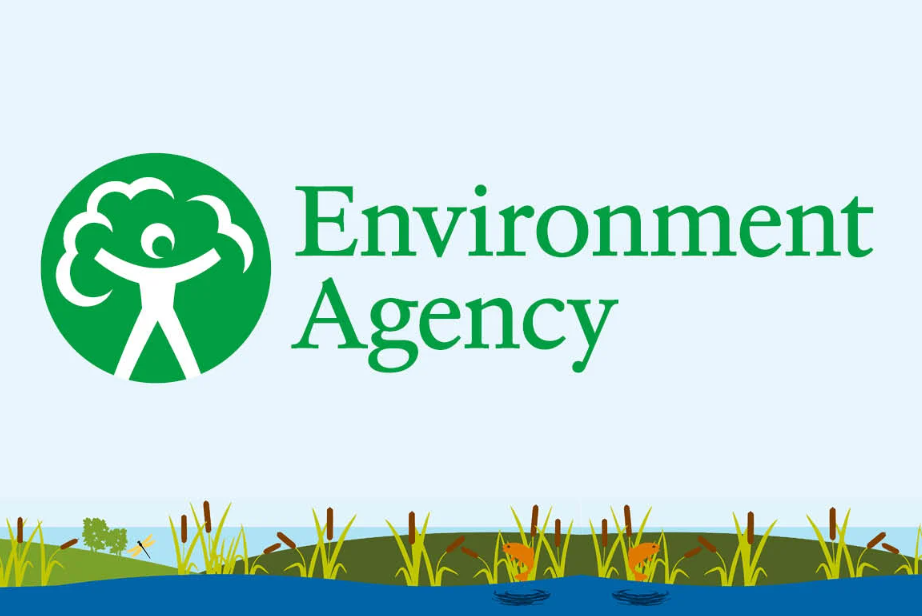Tesco’s partnership with health charities Cancer Research UK, British Heart Foundation and Diabetes UK is the most admired corporate and charity link up among partnership professionals this year, a survey has found.
The supermarket giant’s partnership with the three charities launched six years ago and looks to help improve people’s health under the strapline ‘helping you to live healthier’.
Its work includes carrying out research around cancer, diabetes and heart and circulatory diseases and raising £29m for the health charities.
This is the second year in a row it has been named the most admired charity partnership.
The findings have been published in C&E Advisory Services in its 2024 barometer of non-profit and corporate partnerships, which involved the views of representatives of charities as well as businesses.
“We’re incredibly proud to work with the UK’s leading health charities on making a
difference to the health of our customers and colleagues,” said Tesco group communications director Christine Heffernan.
“It is testament to the strength of the partnership that we have been recognised two years in a row by the C&E Barometer for our work with long-standing partners, British Heart Foundation, Cancer Research UK and Diabetes UK, who share our ambition to make a positive contribution to the communities we serve.
Cancer Research UK’s chief executive Michelle Mitchell added: “Together, we’ve empowered communities to lead healthier lives by sharing information and support about cancer, heart and circulatory diseases and type 2 diabetes.
“This award is a testament to the important work that we’ve done and is only made possible thanks to the support provided by Tesco.”
The second most admired, which has polled just behind Tesco’s for the last three years, is Boots UK’s link up with CancerSupport partnership.
In third place is Greene King’s Macmillan Cancer Support and Network Rail-Samaritans partnerships.
Future of corporate and non-profit partnerships
However, C&E’s survey also found that almost nine in ten charities do not believe there will be a significant increase in the level of investment by corporates in partnerships with the nonprofit sector.
Just 12% of charities surveyed believe that investment by firms in such link ups will “increase significantly” over the next three years.
More than a fifth believe investment from big business will not change at all over the same period.
And a small proportion (3%) believe investment will fall.
Two thirds believe that there will be an increase in investment, but that this will not be a significant rise.
But companies are more optimistic of significant increases in investment in their work supporting charities. A third believe such funding will rise significantly over the next three years, although almost three in ten believe the level of investment will remain the same.
More than eight out of ten charities and businesses believe their partnership work will be more important over the next three years. But the proportion of charities saying partnerships will be much more important has fallen.
Companies surveyed cited pressure to demonstrate their business is improving society is the main driver for linking up with charities. This was mentioned by eight in ten firms.
While two thirds of firms say charity link ups are vital to enhancing their brand reputation, this proportion is down from three quarters last year.
Unconditional funding
Another difference between corporates and non-profits to emerge from the findings is around whether firms will provide unconditional funding to their charity partners.
Eight in ten firms believe it is unlikely they will provide unearmarked funding, while more than half of charities expect companies to provide this type of funding to them.
This difference in expectation comes despite companies believing charities will face more pressure to provide detailed information about their social and environmental practices. This is expected to be needed to meet tougher regulation through the EU Corporate Sustainability Reporting Directive (CSRD) coming into force for corporates next year.
Almost nine in ten firms believe it is likely they will require charity partners to provide such detailed information through the CSRD.
Latest News
-
Three UK’s partnership with Samaritans raises £1m
-
Grants of up to £10,000 available as energy firm opens £6.8m community fund
-
Virgin Media O2 pledges to donate 12,000 phones to people in need in 2026
-
Nuclear waste organisation invests £8m in community projects near underground facility
-
Children’s Society director to take charge of Premier League club’s foundation
-
Chelsea FC becomes first Premier League club to receive dedicated epilepsy awareness training
© 2019 Perspective Publishing Privacy & Cookies







Recent Stories